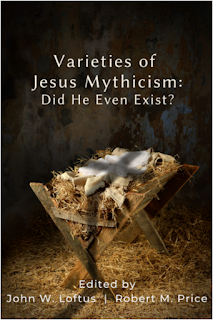Below you'll watch Willie Dave (David Elie) so full of life, singing his very last Karaoke song Wednesday night. His specialty was imitating songs of Willie Nelson, Bob Dylan, and Frank Sinatra. I especially liked the Sinatra song below. He looks so full of life at the age of 71. Twelve hours later he suffered a heart attack and died! This was a shock to everyone. He was a good friend of mine. We hung out, sang Karaoke together, and camped together with our gals in Florida. He was also a fan of right-wing politics and did some interesting end-times prophecy stuff, which we debated. He was a good man. I loved him. Recently we were texting each other about NFL football, and when we could get together again in Florida.
Each time I watch the video I shed a few tears. You never know. Death awaits us too. He will be missed greatly. My deepest sympathies go out to Ginny, and others. I wish I could do something to help. Maybe writing this tribute will do so. Ginny tells us, "Dave loved life! He woke every morning and prayed. Then he would say, 'Its going to be a great day - I get to spend it with my Ginny.'" Now watch a man full of life singing his last song. See what an amazing fortuitous song it was too!
One way to do this, if you really want to know, is to assume what you currently believe is false. That is step #1. Step #2 is to demand the sort of evidence that a judge would allow in court. Step #3 is to produce that evidence or give up what you currently believe. No excuses. No double standards.
There are exceptions, like disputes over beauty, or other subjective preferences, but the exceptions cannot be the rule.
An apologist asked me this question:
"Do you think that if a creator created us that we should be accountable in some way to this creator?" My answer:
No. If a creator exists we have no obligation to him if we are given metaphysically free self-determination. He can impose such a thing on us, but that's something he should negotiate with us. God has no right to command us to do good without providing good reasons for being good. And if those reasons are indeed good ones we should be able to discover them without him having to command them.
No one should be above the law, not even the lawmaker. That's why a kingship model of God in the Bible is offensive, as found in the story of Job, since kings could do whatever they could get away with doing. If a god exists he must be subject to his own laws. "Thou shall not kill, lie or steal" as they apply. By contrast the social contract is a negotiated one. Democracy is a participatory type of government.
If a creator god wants to be praised or thanked he should earn it. Now of course, we would give praise to him and thank him for life. But we should only praise and thank such a god as his creation is a good one, and his deeds in the world are good ones.
Below is Appendix C from my book, Unapologetic: Why Philosophy of Religion Must End (Pitchstone Publishing, 2015), pp. 257-271. You're welcome! Given the influence of Alvin Plantinga and William Lane Craig, I doubt very much believers have heard these issues discussed like this before. I share it in hopes you'll like what I write enough to read the whole book.
The Demon, Matrix, Material World,
and Dream Possibilities,
by John W. Loftus
















.jpg)

